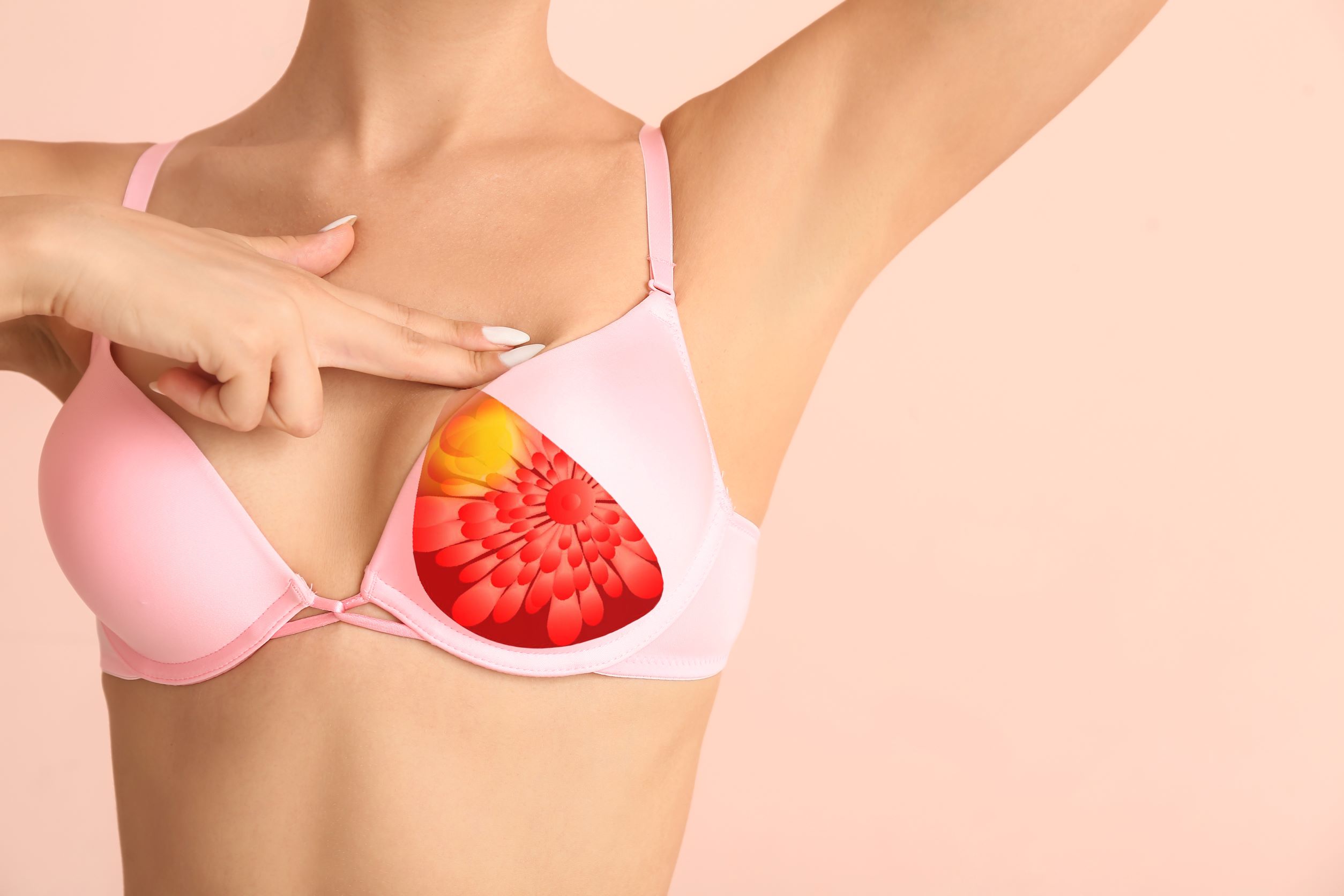
New Brunswick, N.J., October 1, 2022 – If you are a woman under age 40, which is the recommended age to begin mammogram screening, you may think you are too young to be at risk for developing breast cancer. About 11 percent of all breast cancers occur in women younger than age 45, according to the Centers for Disease Control and Prevention (CDC). For young, otherwise healthy women, it can be especially difficult to accept that this truly can happen to anyone. If you have been diagnosed with breast cancer as a young woman, you may face unique challenges.
Mridula George, MD, medical oncologist in the Stacy Goldstein Breast Cancer Center Rutgers Cancer Institute of New Jersey, the state’s leading cancer center and only National Cancer Institute-Designated Comprehensive Cancer Center, shares more on this topic.
Challenges for young women with breast cancer can include:
- Heightened concerns about body image, especially after breast cancer-related surgery and treatment
- Issues concerning sexuality, fertility and pregnancy after breast cancer treatment
- Breast cancers in younger women can be more aggressive than breast cancers in older women
- Women under 40 generally have more dense breast tissue than older women, which makes it more difficult to feel a lump or any abnormalities
What can young women do?
Know your breasts. Younger women who have breast cancer may ignore the warning signs, such as a breast lump or unusual discharge, because they believe they are too young to get breast cancer. This can lead to a delay in diagnosis and poorer outcomes. It’s important to know your breasts and how they feel to help you notice when there are changes that need to be examined by a doctor.
Know your family history. A woman's risk for developing breast cancer increases if her mother, sister, or daughter had breast cancer, especially at a young age. Additionally, changes in certain genes (BRCA1, BRCA2, and others) increase the risk of breast cancer. In families in which many women have had the disease, gene testing can sometimes show the presence of specific genetic changes that increase the risk of breast cancer. Talk with your healthcare provider about your risk for breast cancer and the best screening plan for you.
Learn more at rwjbh.org/mammo.
###
For journalists – contact:
Krista Didzbalis
Media Relations Assistant
732-507-8307
krista.didzbalis@rutgers.edu
For patient appointments/inquiries – contact:
844-CANCERNJ (844-226-2376)

